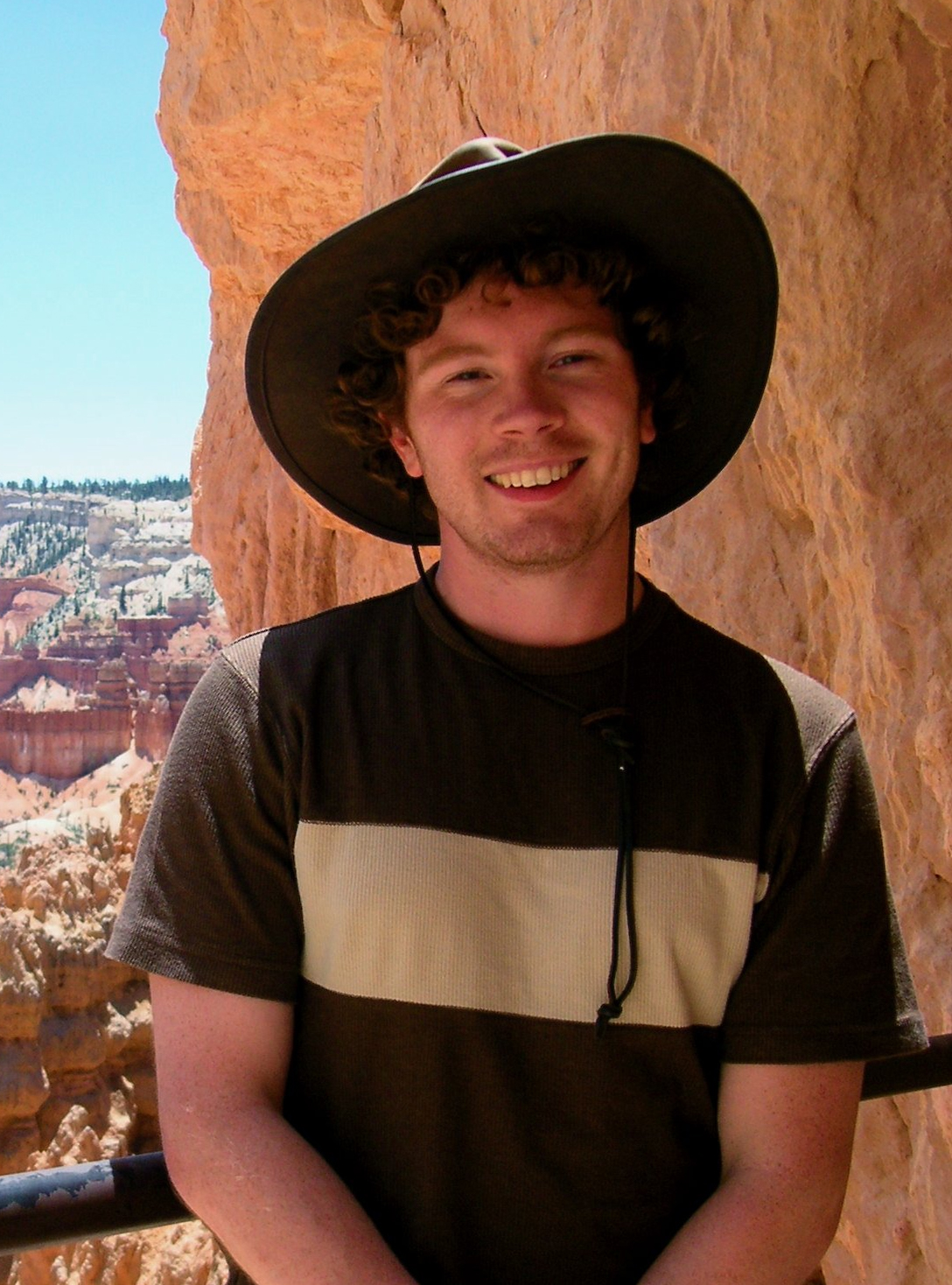The Team
Ralph Edward Milliken, PhD | Caltech Post-doctoral Scholar and the Jet Propulsion Laboratory

Where
did you grow up?
I grew up in South Bend, Indiana
How
did you get interested in space exploration?
I was interested in both geology and astronomy when I was an undergraduate school at Indiana University and was fortunate enough to have an advisor who studied the moon. He helped to open my eyes to the world of planetary science, and I loved it so much I never looked back!
What's
your educational background?
I got a BS from Indiana University in 2001; an MS from Brown University in 2003; and a PhD from Brown University in 2006.
What
are your hobbies?
I pretty much like to do anything outdoors. I love to go backpacking, camping, rock climbing, and mountain biking. I also enjoy playing the piano and viola when I can find the time.
What's
your job on CRISM?
Over the past year I’ve been working on an empirical approach to remove the thermally emitted component of the data, a key step, since we are primarily interested in the reflected component. I’ve also been measuring rock and mineral samples in the laboratory to add to our database for comparison to the CRISM observations of Mars. More recently, I’ve been assisting with calibration of the data, and on the science side I’ve been analyzing data for Holden Crater, a suggested landing site for the 2009 Mars Science Laboratory rover.
What
excites you about exploring Mars?
Everything! But if I had to pick one reason it would be the opportunity to explore the unknown. It’s an amazing feeling to know that you might be the first person to find something new on a different planet. I’m also always amazed at how in some ways Mars is very similar to Earth, but at the same time, it is completely different.
What
advice would you give to someone like you who wants to get involved in space exploration?
Find someone who shares your interest or works in planetary science and contact him or her. There are a lot of opportunities in space exploration for students of all ages, many of them through NASA, and if you can find a mentor to help you learn more or guide you in the right direction then you’ll be well on your way. The internet is also a great place to learn more about past, current, and future missions, and there are many websites through NASA and other institutions where you can find some of the spectacular images and data returned from these missions.
